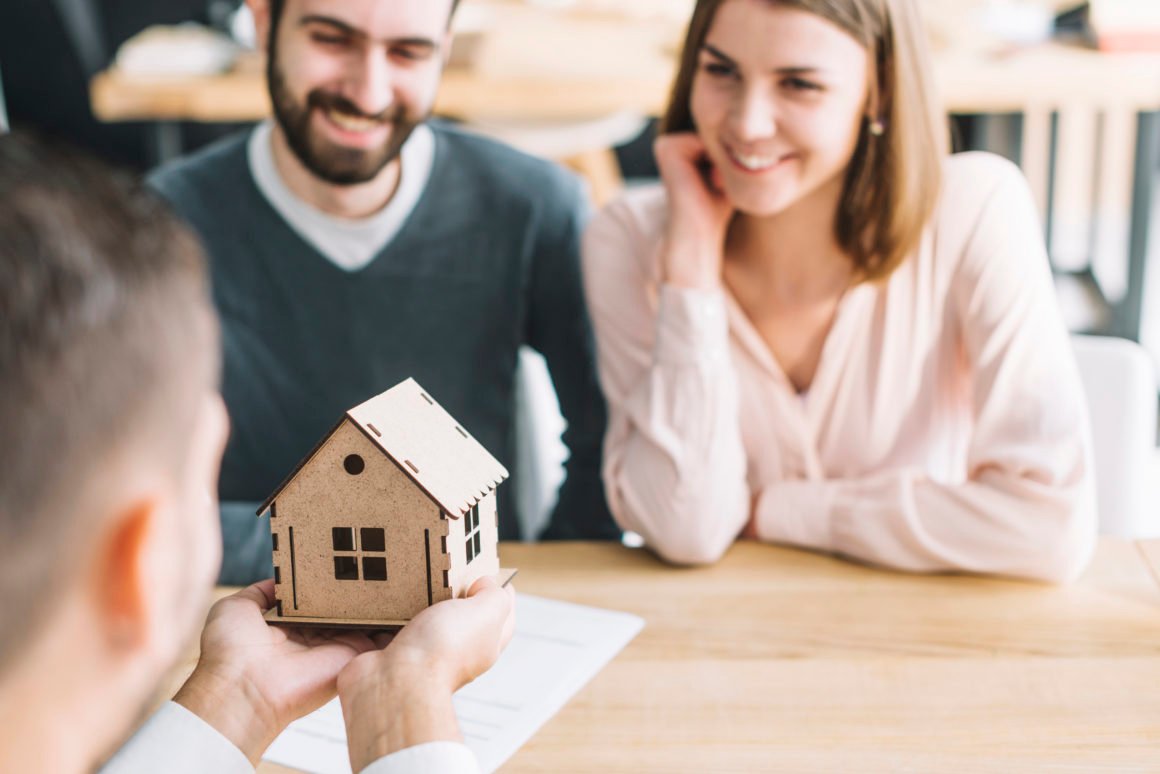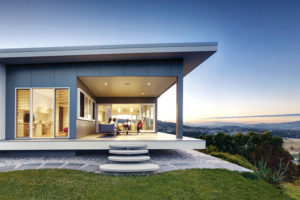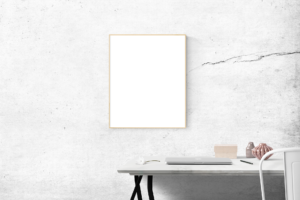
The last 18 months has surely seen a change in people’s financial situation across the globe. While many have had a tough time making ends meet after losing jobs or having hours cut back as they are no longer needed, others have still been working but haven’t been able to spend. For those of the latter category, many have taken this opportunity to save and are now looking to use the advantageous interest rates alongside their savings to either build or buy a new home. Conversely, a number from the former category of people are finding themselves needing to move, whether that is to cheaper areas or smaller homes in order to make ends meet. All in all, the property market is seeing a lot of change and there are obviously pros and cons to each of your home style choices.

Rent
If you’re a renter, or you’re thinking of moving out and becoming one, there are definitely many pros to the decision. The biggest and most obvious one is your flexibility. At most, a rental usually only locks a tenant into the lease for up to 18 months – and even then, there are ways to get out of that term. As a renter, you have the freedom to find someone else to fill your spot (and make sure all the paperwork for that is sorted) and then you are free to move any time you like. Renters are also free of the pressures associated with owning a property. These include the overhead costs such as repairs and necessary renovations to maintain the home and ensure that it is of liveable quality. It also includes costs such as tax and interest on the mortgage. As a renter these are thing you never have to worry about. Assuming you have a good landlord, your only responsibility is making your rent/bills and maybe furnishing the property.
The flip side to this flexibility and freedom from responsibility are the rules and restrictions that the owners are able to impose on you if they choose. Examples of these include rules such as no pets, or no painting, no installing that shelf for your pool table accessories. You are also at the disadvantage that any work you do put into the property, you will only reap the rewards during the time you are occupying the home. For some people this might include a beloved garden that has had hours of work and days sacrificed to ensure you get a hefty yield of veggies. However, if a landlord or owner decides they want the place back it will be them that gains from your work. Renting is definitely ideal for many people, and for some it is used as a handy stepping stone or a way to remain nomadic.
Buy
If you find yourself in a position where you might be able to buy, it’s definitely worth doing all the research first. Maybe it’s your first home and you’ve rented or lived with other people in the past. Maybe you already own your home but you’ve been looking into property finance and you’re ready for an upgrade. Perhaps you’ve found yourself with some extra money and you’re going to dive into proactive property management with an investment property. Whatever your reasoning, there’s obviously lots to consider.
In the long run, buying a house often ends up being the most cost effective way to make a home. The upfronts are obviously exponentially higher to buy than to rent (or build for that matter), but you are paying off a mortgage that theoretically will one day mean 0 monthly payments. On top of that, owning property is generally considered to be a pretty solid and secure investment. Short of some massive shock to the economy that causes a crash in the housing market, your property will often increase in value as time passes. Furthermore, any renovations or remodelling you might do to it will only increase that value further. While this doesn’t bring your overheads down, it does mean you can use that equity for other investments if you choose. Owning a home that increases in value is also a fabulous way to increase your investments if you buy cheap, renovate, sell and then buy bigger with your gains. The only thing to keep in mind whilst you are house hunting are the costs that come with filling it. Unlike many rental properties, you don’t have the option to have it come furnished. You may find yourself needing a hefty amount of money for small repairs or the basics in furniture and white goods.
Build
As the population continues to grow and the demand for houses increases with it, we are finding we regularly have a lack in housing supply. This can also be largely attributed to the introduction of options such as Airbnb that has resulted in many wealthy people buying second or third homes and renting them out short term due to the lucrative returns this offers. We are even seeing small towns where workers can’t get a place to live due to so many of the existing houses being used for short term and holiday lets. Not surprisingly, this is driving many to consider the option of a new home design by building instead of buying.
Building your own home is definitely not a new concept and isn’t necessarily the cheaper option. When you buy an existing property you have a fixed cost that is black and white – often a build will go over budget, have hiccups and potentially take much longer than you originally planned. Before you start your home design plans you will have to secure a block of land. Depending on where you plan to set up shop, this alone can be quite expensive. From there you have all the decisions to make regarding how much DIY you want to get involved in as well as general materialist things such as how many bedrooms or whether you want a timber ceiling. However, if you opt to build, you are all but guaranteed that the final product will be exactly what you want.
At the end of the day, knowing whether to buy, rent or build comes down to your personal preferences and life circumstances. And in reality, nothing is permanent, so go with the flow and you can always change your mind down the line.








